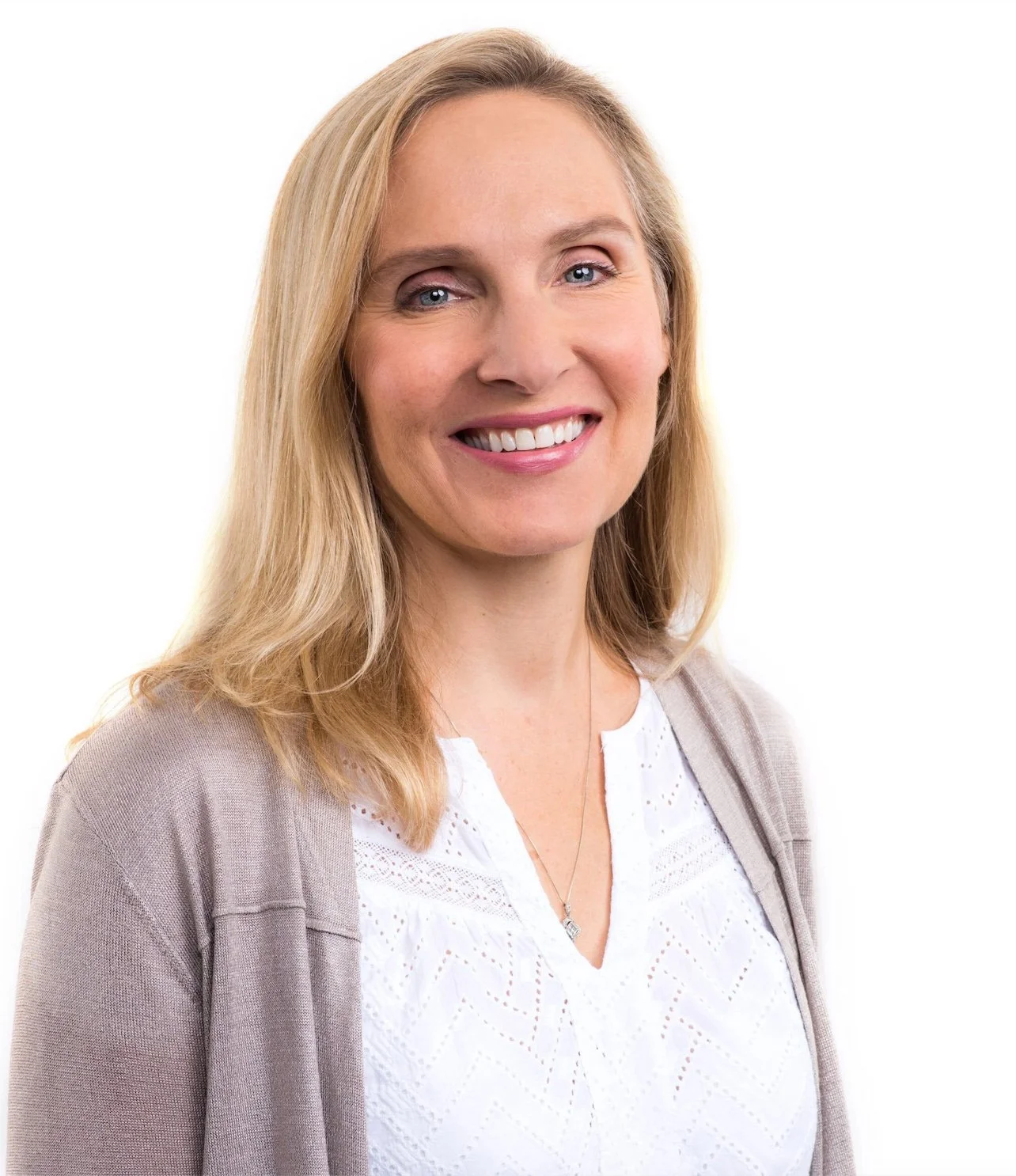Welcome back, loyal readers. First off, we had another strong week, with 18 new subscribers joining, thanks to Sunday, Sarah, Gotelé, Loque, Coree, Claire, Elizabeth, Lauren, Marina, Imma, Patricia, Beth, Mahesh, Olga, Heriberto, Leer, and Melissa. Thank you for trying Article Club, and I hope you like it here.
This week’s issue is dedicated to our article of the month. For all of you who are interested, we’ll be reading, annotating, and discussing “Radicalized,” by Cory Doctorow. You’ll learn more about the piece below, but here are a few tidbits:
It’s a fictional novella written in 2019 about a man who becomes radicalized after his health insurance denies his claim. Sound familiar?
I read this piece in December, the week after all-things-Luigi Mangione
Mr. Doctorow‘s writing is fast-paced and his details eerily prescient
Sound compelling? If so, you’re invited to join our deep dive on the article. We’re meeting up to discuss the piece on Sunday, March 23, 2:00 - 3:30 pm PT. All you need to do is click the button below to sign up. 📖
If you like what we’re doing here at Article Club, and want to support this venture with a paid subscription, I would be very grateful. It’s $5 a month or $36 a year.
Subscribe
1️⃣ Radicalized
Originally published in 2019, this novella follows Joe Gorman, a regular guy with a wonderful wife. One day she calls him at work with horrific news: Stage 4 breast cancer. They find a treatment that offers hope, but their health insurance denies their request. Reeling, Joe goes online for comfort. He discovers a discussion forum of men facing similar challenges. He feels safe online; he feels a sense of community. Over time, Joe finds himself on his computer in the middle of the night, as men on the forum writhe in pain and discuss ways to achieve vengeance. What will it take, they ask, in order for things to change? What will it take to achieve justice?
To say that the story is prescient would be an understatement. Don’t worry, Article Club is not going to rebrand as a Luigi Mangione fan newsletter. Nevertheless, Cory Doctorow’s writing is eerie, down to the details.
+ Content warning: violence
By Cory Doctorow • The American Prospect • 65 min • Gift Link
⭐️ About the author
Cory Doctorow (craphound.com) is a science fiction author, activist and journalist. He is the author of many books, most recently Picks and Shovels. His most recent nonfiction book is The Internet Con: How to Seize the Means of Computation. In 2020, he was inducted into the Canadian Science Fiction and Fantasy Hall of Fame. Mr. Doctorow also coined the term “enshittification,” also known as platform decay, used to describe the pattern in which online products and services decline in quality over time.
⭐️ About the podcast
This month’s podcast is a two-parter. You get:
An introduction to the story, brought to you by Article Club co-host Melinda and me. You’ll also hear our first impressions — and don’t worry, there are no spoilers!
An interivew of Mr. Doctorow, in which he shares his thoughts on his novella.
I’m always deeply appreciative that authors agree to do an interview for Article Club. It’s a gift that they share with us their process, their craft, and their perspective. Thank you, Mr. Doctorow, for saying yes to participating in our reading community!
In the interview, Mr. Doctorow and I talked about a number of topics, including:
how he reacted to the breaking news of Luigi Mangione’s actions
how he conceived of the piece — which emerged from his Canadian background, his understanding of America’s predilection toward gun violence, and his father’s health journey
how he can empathize with people who become radicalized online
I encourage you to listen to the podcast if you have the time. Thank you!
🙋🏽♀️ Interested? I encourage you to sign up.
You are certainly welcome to read the article, listen to the podcast, and call it a day. But if you’re intrigued, if you’re interested, you might want to discuss this article in more depth with other kind, thoughtful people.
If you sign up, I’ll be sure to get you all the info you need, including the Zoom link and what you can expect from the discussion.
If this will be your first time participating in Article Club, I’m 100% sure you’ll find that you’ll feel welcome. We’re a kind, thoughtful reading community.
What do you think? Interested? All you need to do is sign up below. Or if you have questions, hit reply or email me at mark@articleclub.org.
Sign up for the discussion on March 23
Thank you for reading and listening to this week’s issue. Hope you liked it. 😀
If you appreciate these interviews, value our discussions, and in general have come to trust that Article Club will have better things for you to read than your current habit of incessantly scrolling the Internet for hours on end, especially during “these times,” please consider a paid subscription. (Big thanks to Jenn, Article Club’s latest paid subscriber.)
Subscribe
If subscribing is not your thing, don’t despair: There are other ways you can support this newsletter. Share the newsletter with a friend (thanks Zelda!) or buy me a coffee for $3 (so I can read more articles).
On the other hand, if you no longer want to receive this newsletter, please feel free to unsubscribe below. See you next Thursday at 9:10 am PT.



















